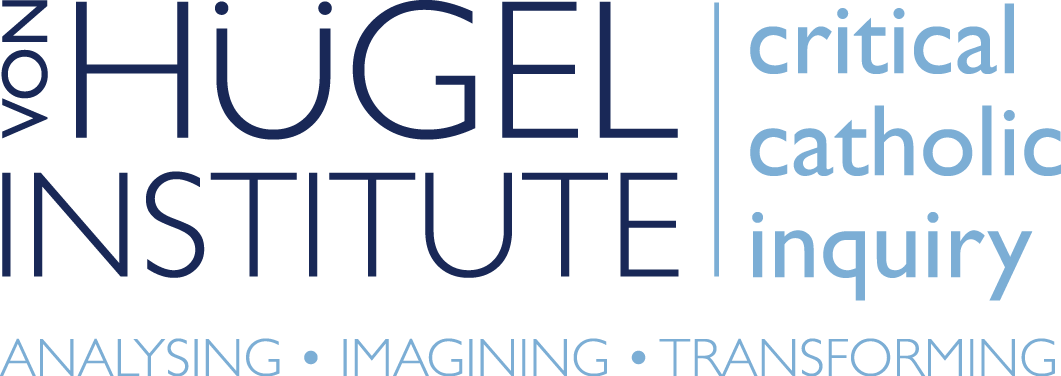How do you rebuild a life after a great and unexpected loss? When the very foundations upon which you’ve built an identity, a relationship, a career, or a worldview fall through? And how might Shakespeare offer us a new way forward?
Join us for ‘To Be Or Not To Be New: Rebuilding Life With Shakespeare’, a series of online lectures and workshops offering a unique opportunity to engage with Shakespeare’s work.
VHI Affiliate Dr Maria Devlin McNair examines four of Shakespeare’s most celebrated plays—Hamlet, Antony and Cleopatra, Henry IV Part I, The Tempest—in an attempt to consider how the plays’ sea-changes are not so much gripping ‘fictional’ events that happen to characters onstage but as likely challenges we will face ourselves.
Shakespeare explores characters who lose the foundation on which their life is built: the children who lose their father; the prince who loses his kingdom; the soldier who loses his skill; the professional whose projects are taken away. In this series, we examine how some characters succeed at ‘being made new’, and consider what their stories teach us about the building-blocks of identity that persist and support us through upheaval.
Drawing upon literary criticism, philosophy, theology, Catholic thought, autobiographical accounts, social psychology, and theories of leadership and life design, we will reflect on the four plays in relation to our contemporary world and our lived experiences in it.
How it works? Each virtual session includes a lecture with interspersed performance, followed by a half-hour discussion. It is helpful, but not necessary, to read the plays beforehand. Additional resources can be found at ‘Shakespeare for All’.
Dates and Time: 14 March (GMT); 21 March (GMT); 11 April (BST); 18 April (BST) at 5.30pm.
Registration: Email bg444@cam.ac.uk to register.


